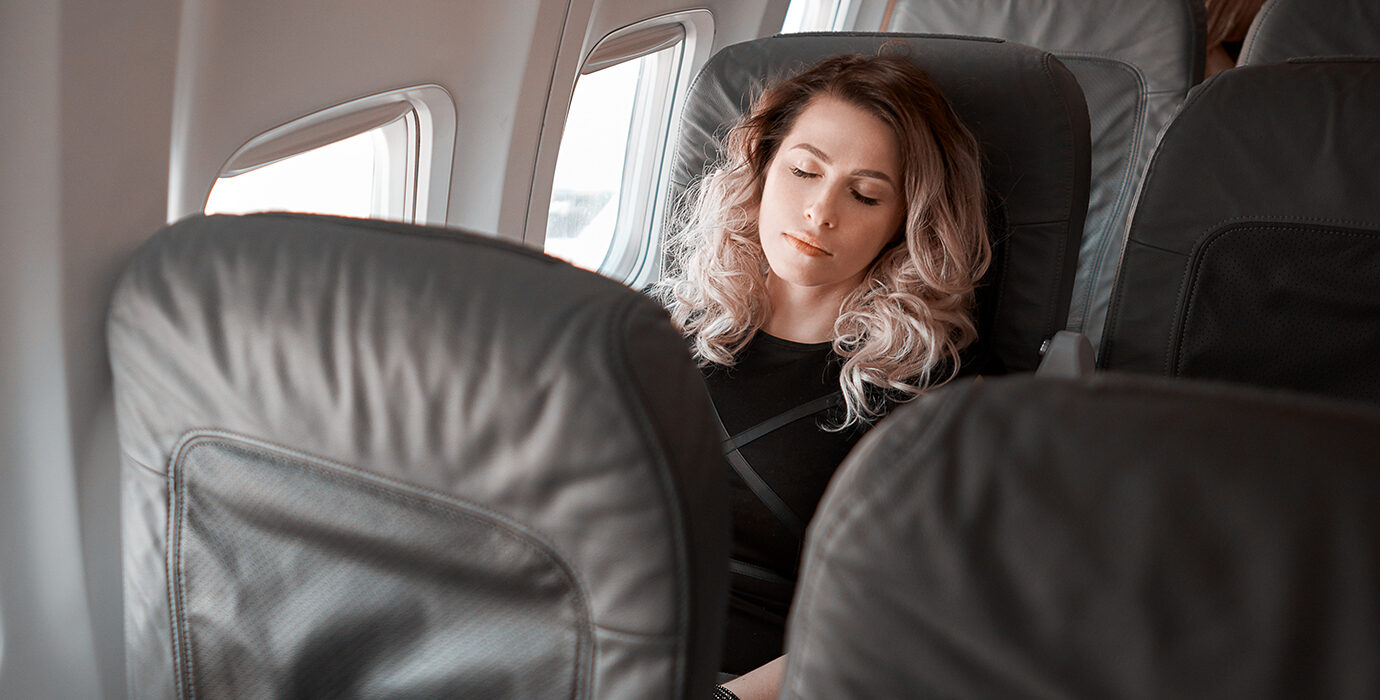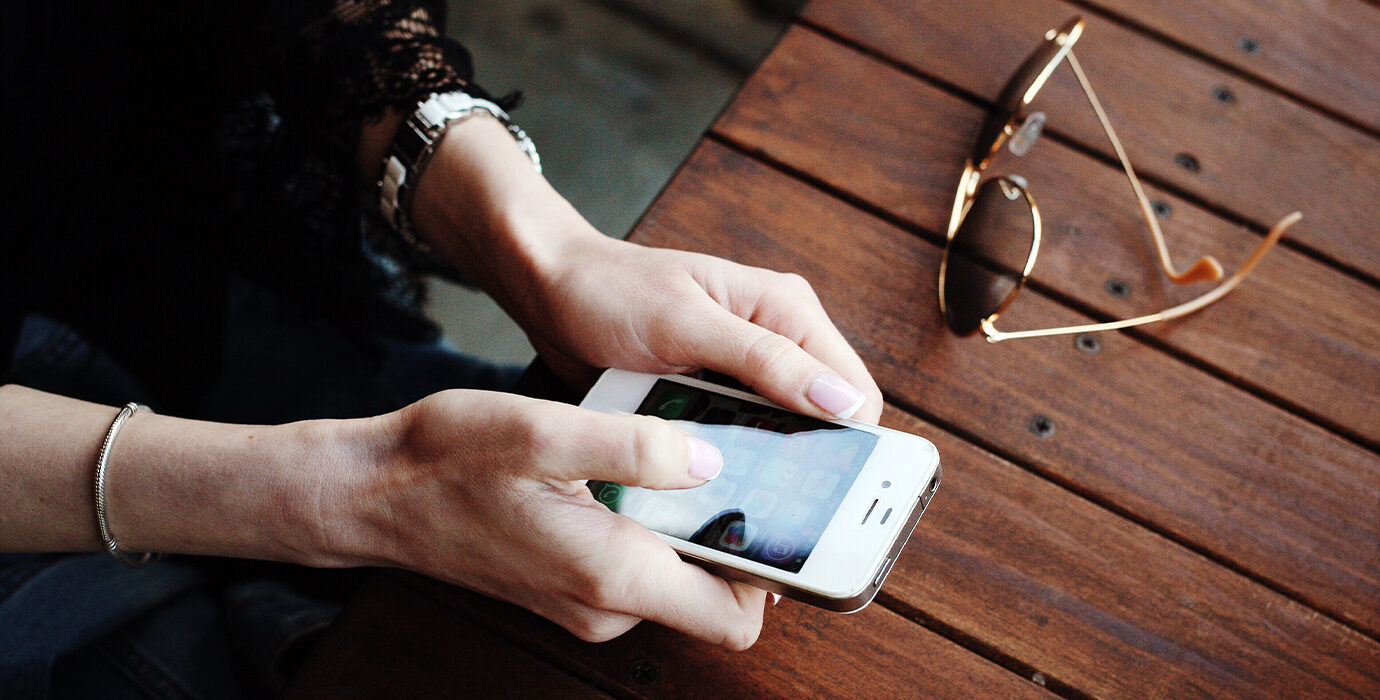
A Packing Guide to Help the Homesick
Anyone who’s moved away from their parents, studied abroad, or gone away to college knows the feeling: homesickness. It doesn’t matter if you’re in an exotic location you’ve been dreaming of with an army of recommendations scoured from Yelp/TripAdvisor/Instagram and your most worldly friend—all you want to do is fly right back home. Try to resist holing up in your hotel or rental to binge-watch “Schitt’s Creek” until the trip is over. You can combat homesickness and get back out there. Below we list some expert advice to manage these tricky emotions and a few things you can pack that will help that hotel room feel more like home.
What Triggers Homesickness?

Homesickness is the emotion of missing what’s familiar. As the name implies, it’s usually triggered when you’re away from home (like when you went to summer camp as a kid). However, it’s less about the physical location and more about the attachment you feel to a certain place or the people there.
“When we are between those attachments—in a new place that doesn’t yet feel like home—we have a longing not only for that person or place or thing, but for how that person, place, or thing made us feel,” says Tamar Chansky, Ph.D., author of “Freeing Yourself From Anxiety: 4 Simple Steps to Overcome Worry and Create the Life You Want.”
Familiar people and locations make us feel comfortable and safe. And that’s exactly what we crave when we’re facing the unknown, whether that’s moving to a new city or traveling to a different country.
“As much as we might look forward to a relaxing vacation or an exciting adventure, once away from home, we can feel a bit nervous and start to miss the security of home,” Krystine Batcho, Ph.D., says. “The more different from home the new location is, the greater the likelihood of missing home.”
Jet lag and exhaustion from trying to navigate a new place can exacerbate the situation.
“It’s also very stimulating and therefore tiring to be away, so our brains get tired from so many decisions and processing so much new information when we are traveling, and this makes it harder, too, to regulate our anxiety and homesickness,” Christopher Willard, PsyD, says.
What Steps Can I Take to Cure Homesickness?

If you’re experiencing homesickness, the most important thing is to be patient. It’s easy to want to push yourself to get over it so you can enjoy your time away, but that can make matters worse.
“If you feel pressure to not feel what you’re feeling, like you are wasting time being homesick, it will take even longer to feel comfortable,” Chansky says. “Whatever you are feeling is OK. Trust you’ll adjust!”
That said, there are a few things you can do to make the transition to a new place easier.
Do your research.
Batcho says learning about your destination ahead of time can help alleviate anxiety and uncertainty. Read up on local foods and cultural etiquette. Map out your driving and public transportation routes. Book a tour or make a reservation at that restaurant you keep hearing about. Download Babbel and get a few local phrases under your belt.
You’ll not only feel more prepared, but you’ll also get even more excited about all the things you’re about to experience, which can motivate you to keep going when the homesickness hits.
Create a routine.
Staying in and ordering room service is tempting, but establishing a new routine can make a huge difference. Chansky suggests finding a coffee shop and going there a few days in a row to give your day structure and predictability. Bonus: The baristas might even start to treat you like a regular!
If you like working out, begin your day by lifting weights in your hotel gym or going for a run. Exercise will boost your mood and give you a sense of normalcy.
Make plans.
Each day, plan an activity or identify a neighborhood to explore. Staying busy will not only distract you from negative thoughts but will also help you feel more comfortable with your surroundings and remind you why you’re traveling in the first place.
“If we keep going with our plans rather than heeding the homesickness and staying [in], we [will] likely end the day feeling satisfied, happy with the collection of new memories that we have in our pocket,” Chansky says.
While you’re getting your feet under you, Willard suggests adding in places or things that feel familiar. That could mean hitting up a Starbucks (no shame!), seeking out comfort food, or listening to a trusty playlist as you walk around.
Connect with other people.
Strike up a conversation with the person in line behind you or ask your Airbnb host where you can get the best street food. Batcho says that talking to the people around you will help you feel less lonely and more at home.
“Personal interactions remind us of what we have in common amid a diversity of customs, history, and culture,” she says.
And don’t be afraid to open up. Nearly everyone has felt homesick at some point in their life, and talking to someone who can relate can help you feel less alone.
Limit screen time.
Touching base with friends and family can be a good thing—for example, texting your mom to let her know you’re safe or FaceTiming with your S.O. to say goodnight. But being too connected can make homesickness worse and hinder you from experiencing all your location has to offer.
Confine calls home to once a day and avoid scrolling through social media. Chansky says making comparisons can prevent you from being present and taking advantage of your new surroundings. Your friends will be there when you get back, and you’ll enjoy your trip more if you’re not worrying about what they’re doing or how they’re perceiving your vacation.
“Appreciating sites and activities directly will ensure that the memories you make will become a lasting part of you,” Batcho says. “You’ll be able to enjoy them again and again by sharing them with others after you return home.”
What Can I Pack to Help My Homesickness?

Your Own Bedding
Sometimes, you just want your own bed. (If only it fit in your carry-on.) For the next best thing, pack your sheets. Morning and night tend to be hardest on homesickness sufferers, so having that familiar smell and feel can help you relax and get some necessary shut-eye. Packing light? Pare back to just your pillowcase—you’ll get a similar homey effect but still have room for all your shoes.
Familiar Food or Drink
Especially when you’re traveling to a place where a lot of things are different (the language, the money, the subway system), having something familiar to eat or drink on hand can provide comfort and help ease the transition. Carry on your mom’s famous peanut butter cookies, your favorite candy (Swedish fish, anyone?), or the tea you drink every night before bed. Whatever makes you feel good.
Scented Candles
Don’t underestimate the power of smell—a candle can instantly transport you to a memory or place. If you have a go-to scent, pack a travel-size version. Or find a candle that simply reminds you of home. Appropriately named Homesick Candles makes scents that smell like cities, states, and countries (Iowa has notes of pralines and cream; Atlanta, dogwood blossoms and pecan pie) or evoke fond memories like Grandma’s Kitchen or Friday Night Football.
Aromatherapy candles can also help with stress and anxiety. Try a lavender-scented one to relax before bed.
A Stuffed Animal or Blanket
Even if you’ve long since retired Mr. Snuggles, you might want to consider taking him on your next trip. Transitional objects such as stuffed animals or baby blankets can give you a sense of comfort and security, much like they did when you were a kid. If you didn’t grow up with a blankie or teddy, pack another sentimental object that reminds you of home—like a worn-in T-shirt, family photo, or lucky charm.
Supportive Notes From Loved Ones
Remember how great it was to get letters from home while you were at sleepaway camp? This is the same idea. Ask friends and family members to handwrite you notes of love and encouragement, then read them whenever you feel lonely. Or have them email them to you throughout your trip so you have something to look forward to each day. Either way, the missives will remind you why you took this trip to begin with and reassure you that you’ll see them again soon.
Related Stories
All products have been hand-picked by our writers and editors. Items purchased through links may earn us a commission.



